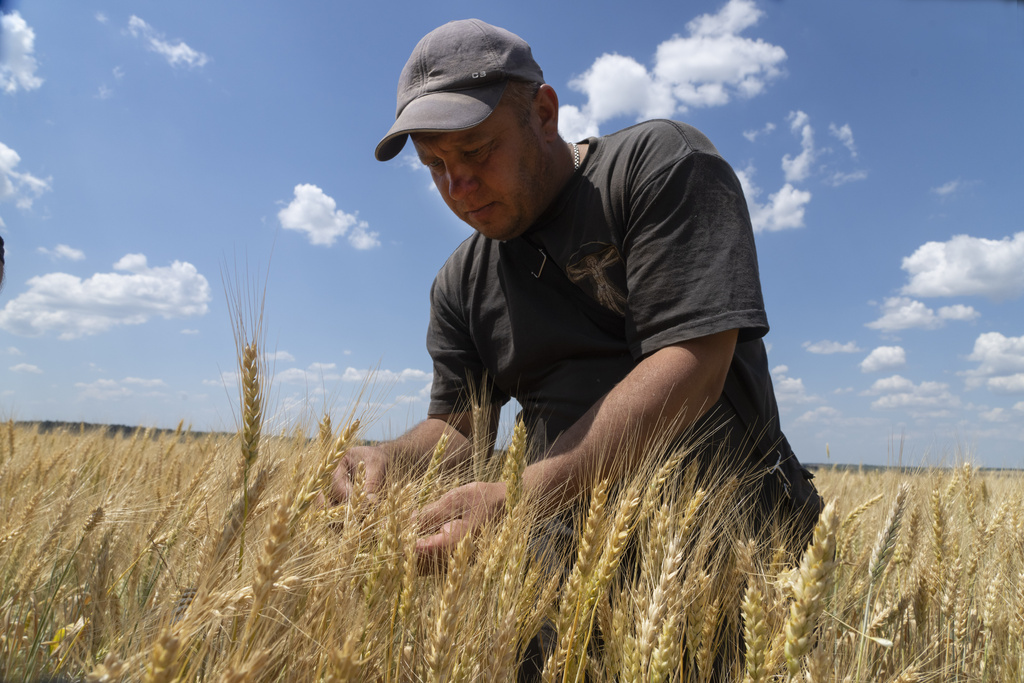The European Union’s two-largest economies are opposed to an extension of the ban on Ukrainian grain entering the bloc with the embargo scheduled to end on Sept. 15.
The European Commission had allowed five central and eastern European member states to temporarily ban imports of Ukrainian grain into their internal markets as long as transit was allowed to EU states that did want to purchase Ukraine’s produce.
Poland, Hungary, Slovakia, Bulgaria, and Romania are all now pressing for the ban to be extended until the end of this year.
However, Germany and France are opposed to any extension of the embargo with Germany’s Agriculture Minister Cem Oezdemir insisting that the breach of the EU treaties cannot go on forever. He added that while he understood Poland’s concerns and that the EU was ready to provide Poland with compensation, “Ukraine should not be left to shoulder Poland’s electoral problems,” alluding to the fact that Poland’s general election is due in October and the grain issue has been weaponized by the major political parties.
French Agriculture Minister Marc Fesnau said there must be no unilateral action taken by any state and that the decision must be taken by the whole of the EU. His remarks were made in response to Polish Prime Minister Mateusz Morawiecki’s threat that if the European Commission does not extend the embargo, Poland will defy it and stop the Ukrainian grain anyway. This is a threat that was echoed by the Hungarian government on Tuesday also.
[pp id=86975]
Morawiecki is determined to defend the interests of Polish farmers. According to Polish Press Agency (PAP), a meeting in Brussels with the five neighboring states, Ukraine, and the European Commission has been held this week at which the Polish representative declared that the re-export of Ukrainian produce to other EU nations is not being blocked by Polish officials.
He was referring to the increase in the transit to third countries meaning that Ukraine was selling its grain to other EU states. In June of this year, 260,000 tons were transited through Poland, representing more than a twofold increase on March’s figures.
At the Brussels meeting, the Polish ambassador to the EU, Andrzej Sadoś, drew attention to the differences between Ukrainian and Polish agriculture. Poland has less than half of the land Ukraine has dedicated to agricultural production and far smaller farms. Most of Poland’s farms are family farms whereas in Ukraine individual farmers account for just over a quarter of farmed land whereas large farms owned by companies control almost three quarters of the farmed territories. This makes fair competition between Ukrainian and European farmers problematic.





